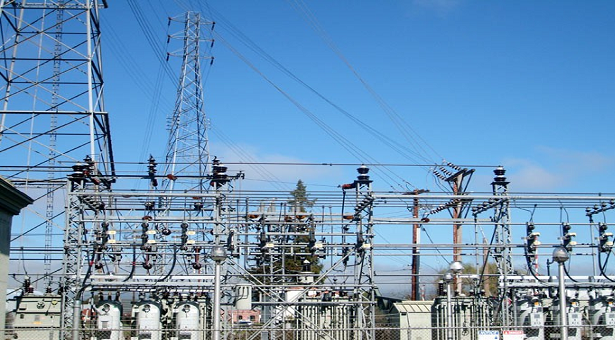
For the fourth consecutive year, Uganda’s electricity sector is Africa’s best regulated across a number of key metrics, according to the African Development Bank’s 2021 Electricity Regulatory Index.
Other strong performers include East African neighbours, Kenya and Tanzania, as well as Namibia and Egypt.
Nigeria placed 23rd on the ranking, beaten by South Africa (10th) and Ghana (17).
The 2021 Electricity Regulatory Index, an annual report, covered 43 countries, up from 36 in the previous edition, and assessed their impact on the performance of their electricity sectors. The index covered 3 countries in the North Africa region; 14 in West Africa; 6 in Central Africa; 7 in East Africa; and 13 in the Southern Africa region.
“The unprecedented participation of so many countries shows the commitment to strengthen the countries’ regulatory environment with a view to improving the performance of the respective electricity sectors,” said Kevin Kariuki, the African Development Bank’s Vice President for Power, Energy, Climate and Green Growth.
Among the 2021 report’s key highlights are that regulatory independence is one sub-indicator where African countries have room to improve: in 93% of sampled countries, governments, and stakeholders exercise influence over regulatory authorities. In terms of regulatory substance, participating countries scored lowest on adequacy of their tariff setting and frameworks, as well as licensing frameworks when compared with best practice.
According to the report, the average performance on economic regulation has continued to decline since 2018. A third of countries surveyed indicated they lack methodologies to determine tariffs; another 40% rely on tariff methodologies that do not include key attributes such as automatic tariff adjustment and tariff indexation mechanisms and schedule for major tariff reviews.
Wale Shonibare, African Development Bank Director for Energy Financial Solutions, Policy and Regulation, commended the top-performing country. “Uganda topping the rankings consecutively for four years comes as no surprise to many, as the regulator spends significant time on consultation and analysis, including regulatory impact assessments of key interventions and follow-through to ensure full implementation,” he said.
Outside stakeholders also viewed the report’s results positively. Abel Didier Tella, Director General of the Association of Power Utilities of Africa, said, “It is interesting that the utilities in most of the top-performing countries in the Electricity Regulatory Index are listed on their national stock exchanges, which requires compliance with transparency in information sharing and good governance practice.”
Since its launch in 2018, the Electricity Regulatory Index has highlighted aspects of electricity regulation that need reform, identified appropriate areas for intervention, and encouraged stakeholders to be proactive in addressing challenges. Since then, the index has been widely adopted by regulators and other stakeholders across the continent as a benchmark for the regulatory environment as well as for ongoing reforms.
The report comes as the Nigerian government faces criticisms over its apparent decision to influence the removal of the management of the privately-run Abuja Electricity Distribution Company.
The power ministry had on Tuesday said President Muhammadu Buhari demanded a new management for the firm, in which the government holds only 40 per cent equity. The company has been enmeshed in an ownership tussle that has negatively affected its operations for years.
On Monday, workers at the firm shut down electricity facilities, throwing the federal capital, Abuja, Kogi, Nasarawa, and Niger into darkness. They accused the company of failing to remit their pension contributions and other entitlements for nearly two years.
